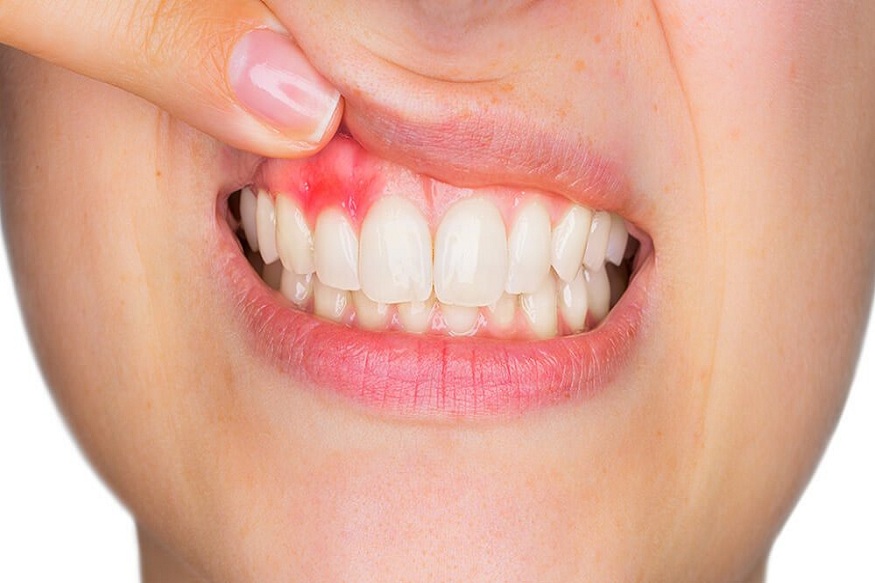Losing a tooth might feel like just a minor inconvenience at first, but over time, it can create a ripple effect that impacts your overall oral health. Whether it’s due to an injury, decay, or wear and tear, the consequences of missing teeth go far beyond the obvious gap in your smile. In fact, your teeth and gums begin to undergo changes that can affect your daily life. So, what exactly happens when you lose a tooth? Let’s find out.
The Impact of Tooth Loss
When a tooth is lost, it’s not just about the empty space in your mouth. That gap can trigger a chain of events that affects the surrounding teeth, your gums, and even your jawbone. You may not notice the changes right away, but over time, the consequences become much more apparent.
- The Shrinking Jawbone
One of the most significant impacts of losing a tooth is what happens to the jawbone. Our bones are pretty clever—they need stimulation to stay strong and healthy. When you lose a tooth, the bone beneath it no longer gets the stimulation it once did from the tooth root. Without that constant pressure and movement, the bone begins to shrink and weaken over time, a process known as bone resorption.
- Teeth Shifting and Misalignment
When a tooth is missing, the remaining teeth can start to drift towards the gap. Imagine a row of neatly arranged books on a shelf. Now picture one book being removed. What happens? The other books start to shift and lean in to fill the space. Your teeth behave the same way. Over time, this can cause misalignment, which leads to bite issues and other dental problems.
As your teeth shift, you might find it harder to chew properly or speak clearly. Plus, uneven teeth can increase the risk of tooth decay and gum disease, as it becomes trickier to brush and floss between misaligned teeth. You’ll soon realise that a missing tooth doesn’t just affect that one spot in your mouth—it starts a series of problems that affect your whole smile.
- Gum Recession and Sensitivity
When you lose a tooth, the gums around the empty space start to recede. Without the support of a tooth root, your gums can start to pull away from the neighbouring teeth, leading to gum recession. This not only affects the appearance of your smile but also exposes the sensitive roots of your teeth.
Receding gums can make your teeth more vulnerable to cavities and infections. You might even start feeling discomfort or sensitivity when eating hot or cold foods. It’s a real pain, literally!
- Impact on Your Overall Health
Beyond just your smile, missing teeth can affect your overall health. When your teeth are misaligned or your gums are receding, it can be harder to maintain good oral hygiene. Plaque and bacteria can build up in places that are tough to reach with a toothbrush, which increases the risk of gum disease, tooth decay, and even tooth loss in the future.
- The Emotional Impact
Let’s not forget the emotional side of losing a tooth. Even if it’s a back molar, a missing tooth can impact how you feel about your appearance. The gap in your smile can make you self-conscious, and you might even start avoiding social situations. But don’t worry—there are options to help you get your smile back, like dental implants Sydney. With the right treatment, you can restore your smile and get back to living your best life.
How to Fix It: Tooth Implants
If you’ve lost a tooth or more, you might be wondering how to fix the issue before it causes more problems. The good news is that modern dental treatments offer effective solutions. One of the most reliable options is dental implants. Dental implants are artificial tooth roots placed into your jawbone, providing a permanent solution for missing teeth. They help preserve your jawbone, maintain alignment, and restore your smile.
The cost of dental implants Sydney can vary depending on the complexity of your case, but it’s an investment that will pay off in the long run. Not only do they look and function like natural teeth, but they also prevent the bone loss that happens with missing teeth. It’s the best way to maintain a healthy mouth and protect your overall oral health.
What You Need to Know About Cost
It’s no secret that dental implants can be pricey, but many people find them to be well worth the investment. The dental implants cost Sydney can vary depending on several factors, such as the number of teeth being replaced, the need for additional procedures (like bone grafts), and the clinic you choose. While the dental implants price Sydneymight feel like a big upfront cost, it’s essential to think about the long-term benefits, including preserving your bone health and preventing further dental complications.
When searching for options, make sure to consult with a dental implant specialist Sydney who can provide a clear treatment plan and cost breakdown. Understanding the full picture will help you make an informed decision about your oral health and budget.
Final Thoughts
Losing a tooth is more than just a cosmetic issue—it’s a problem that affects your gums, your jawbone, and even your overall health. But don’t stress; with modern treatments like dental implants, you can restore your smile, protect your oral health, and prevent further complications.
If you’re ready to explore options like tooth implants Sydney cost, visit a trusted provider, and take the first step toward a healthier, more confident smile. Whether you need a single implant or a full restoration, there’s a solution that works for you.

